The Top 3 Challenges in the Construction Industry 2024
The construction industry is not without its fair share of challenges. As much as there is a huge demand for all kinds of building right now, there are still problems that affect us.
Here, we delve into three of the most prevalent issues facing the construction sector. We’ll look at the impact they have, and describe potential solutions.
By facing up to our construction challenges, we can start to pave the way to a more resilient and efficient industry.
The Challenges
1. Labour Shortages: The Workforce Dilemma
The construction industry is grappling with a significant shortage of skilled labour. It never used to be an issue for builders to find qualified people, but things have changed.
Two major issues the UK industry has had to deal with recently are Brexit and Covid.
Before the UK exited the EU in 2020, over a quarter of the construction workforce were EU nationals. (Figures from supply2govtenders.co.uk). With the ending of free movement, a good number of workers left the UK.
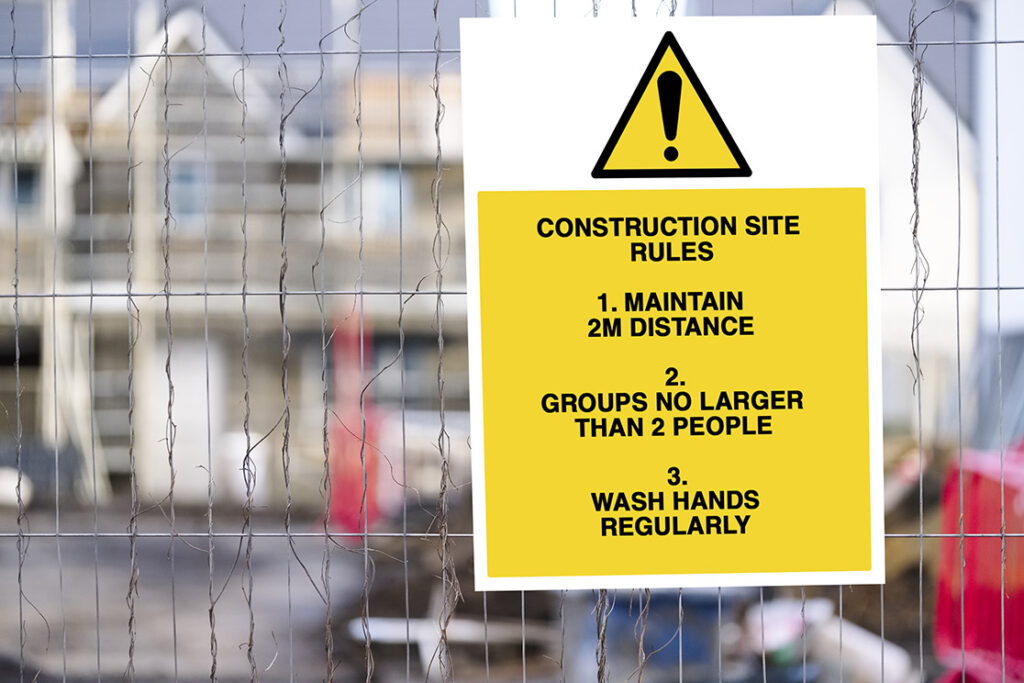
When Covid hit, construction was designated an essential industry. Advice was that workers use masks and hand sanitiser. Staggered shifts could minimise the number of personnel on site. However, it did mean everything got longer – days for supervisors, delivery times, project completion dates…
It was also recommended that all equipment be thoroughly cleansed.
Let’s face it, construction sites are generally pretty dirty environments. These were difficult conditions to impose – that last especially!
How can we overcome workforce issues?
- Be a great employer. At BHR we are fortunate to have loyal contractors who prefer working with us to some of their other options. That’s because we deal with them fairly, and the sites we operate are great places to work. We look after their welfare and we pay good rates. That way, we tend not to have too many issues finding people to work with us.
- Apprenticeships and training. There is a noticeable lack of interest in construction work among younger generations. It’s a pretty tough occupation, often involves outdoor work, and demands long hours. But the rewards are great, and the work is there.
We think it’s a great career, so we need to consider how we can help to attract people to the industry. There are opportunities for both men and women to work on site, and that’s something we can help to emphasise. When our contractors offer apprenticeships we take a positive and supporting role. - Assist EU nationals with visa requirements. Make it as simple as possible for EU nationals to come and work here. We do that by understanding and complying with immigration law. In fact, we have valued people from overseas working with us. We’ve always been actively supportive in helping them with any paperwork or hurdles.
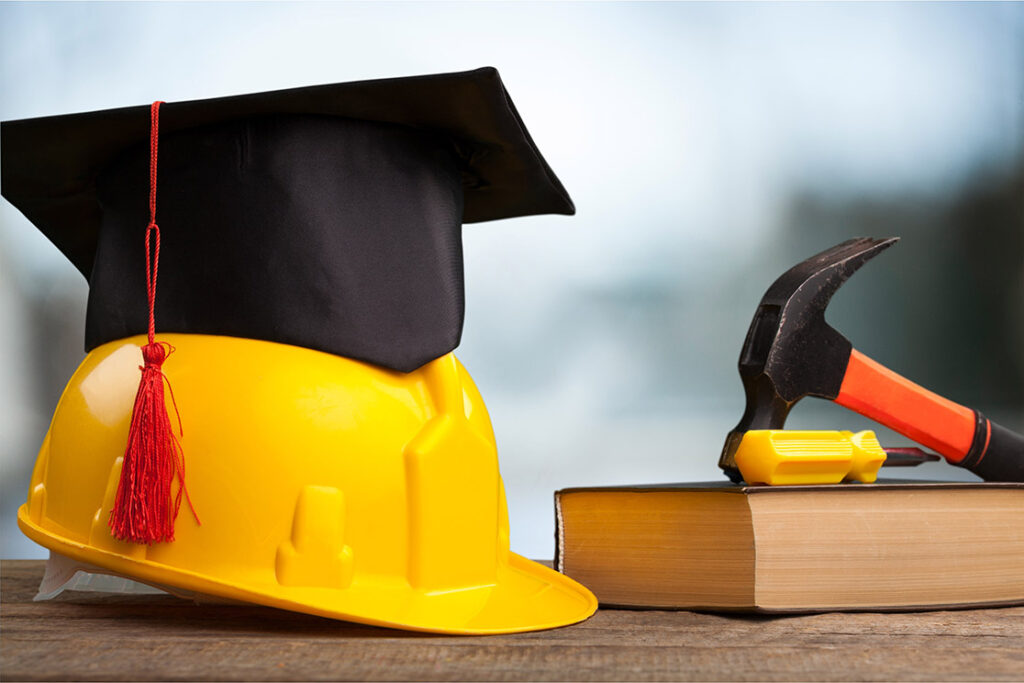
2. Project Delays: Time is Money
Delays in construction projects are costly and frustrating for everyone involved. Anticipating problems is crucial, and that comes with experience.
Weather conditions. One truly uncontrollable, and often unpredictable factor we face is the weather. Even with forecasts, we can still be caught out by rain, wind, or extreme heat. We need to monitor the weather channels and keep ahead of what they say is coming at us.
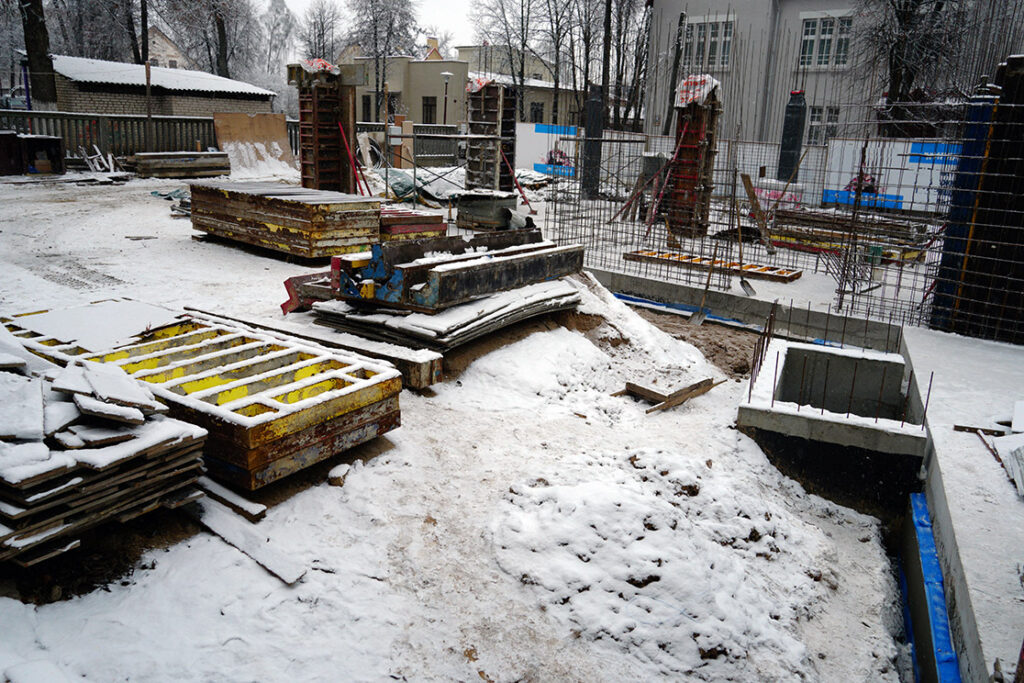
Supply chain disruptions. We’re fortunate to have clear and reliable supplies available. It’s important to note at the beginning of a project if there are any unusual materials needed. And if we know it might be hard to get hold of something in a timely fashion? We’ll source alternatives, and consult with designers and clients about timescales.
There are still issues massively outside our control that can impact supply lines. Say the bathroom fittings you ordered are coming from China. The ship they’re on suddenly gets diverted round the whole of Africa – that’s a chunk of extra time before they arrive. Piracy, global conflicts, and shipping container issues can cause delays. They are factors that feel so distant from the building site, yet they can affect our progress.
Poor planning. It’s surprising to us when this is a problem. Too many construction projects get underway before there’s a clear roadmap in place. Jumping in may feel like the right thing to do when timescale are tight, but we advise caution. You leave yourself and your project open to all kinds of problems if you don’t start with a clear vision.
How do we avoid these scheduling challenges?
- Careful observation of weather conditions, and taking advantage when they’re good.
- Forward thinking – we ensure we know if there are any supply issues incoming. Then we work with the client to source elsewhere or find an alternative.
- At BHR we work strictly on the basis of having plans fully realised and detailed before we begin a project. It’s only common sense to know what you are looking to achieve, and how you’ll do that.
Great planning and communication are key, as then we can mitigate delays and hold ups. Project efficiency is really important to us, so we work hard with our partners to avoid delays. It’s a matter of pride to us that we always finish the project on time, if not early.
3. Sustainability Struggles: Balancing Growth and Environmental Responsibility
There’s an increasing awareness of environmental issues in the world. It’s the same for any modern business. The construction industry needs to adopt sustainable materials and practices.
So what challenges do we face when adopting sustainable practices?
Client resistance. It can be difficult when a client sees the introduction of sustainable elements as a cost only. We have to work at helping them realise they are, in fact, an investment.
But when those savings can be years away. When it’s money in your pocket right now that’s needed, you can understand why some clients baulk at the thought.
Expert installation issues. Some of the new equipment and materials require specialist installation skills. Not all building firms have upskilled their workforce or contractors..
Pricing and scheduling challenges. These materials and practices are still new to the industry. Huge care must be taken in working out the costs and time scales.
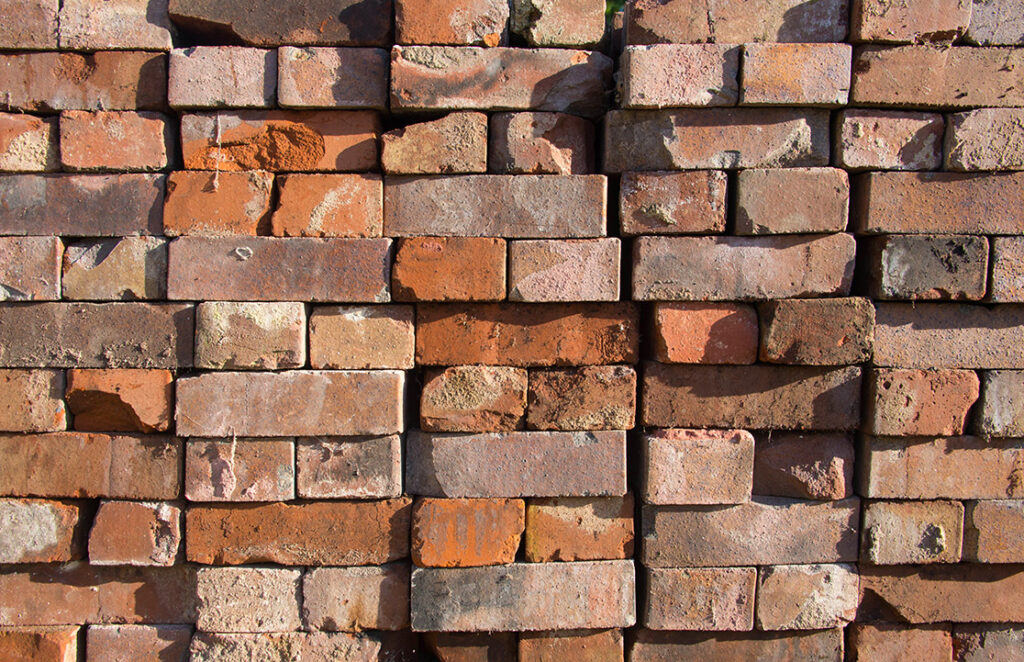
Getting over the sustainability challenges
- We need to show that lower running costs result from investment in sustainability. There’s a lot of research [LINK] that proves this. Rolled out over the whole lifecycle of the project, those savings far outstrip the initial price. Buildings are long-term projects, so long-term thinking should be encouraged.
The price of energy has stayed much higher than a few years ago. (And we’d bet it won’t be going down all that much in the future. Therefore the return on investment in these buildings will come around much sooner.
The advantages are so clear, yet costs mean many clients are still resisting. The construction industry has begun to adopt an ‘environmental thought change’. It’s a necessary paradigm shift and we’re keen to encourage it. - BHR consistently look for ways to include sustainable solutions into our projects. We also seek out the right people to install them. As with everything, necessity is the mother of invention. The specialist skills are out there, and will continue to grow with demand.
- Sustainable solutions are a developing and expanding aspect of the construction industry. As you can imagine, estimating the costs and time scales required is a new skill. At BHR we’re monitoring how we can adopt new methods without compromising on our service. It’s a challenge we’re enjoying.
The future is going to bring other new, innovative developments, and we’re keeping a weather eye on these.
We’ve addressed sustainability further in our blog Sustainable Construction Methods. You can read it here.
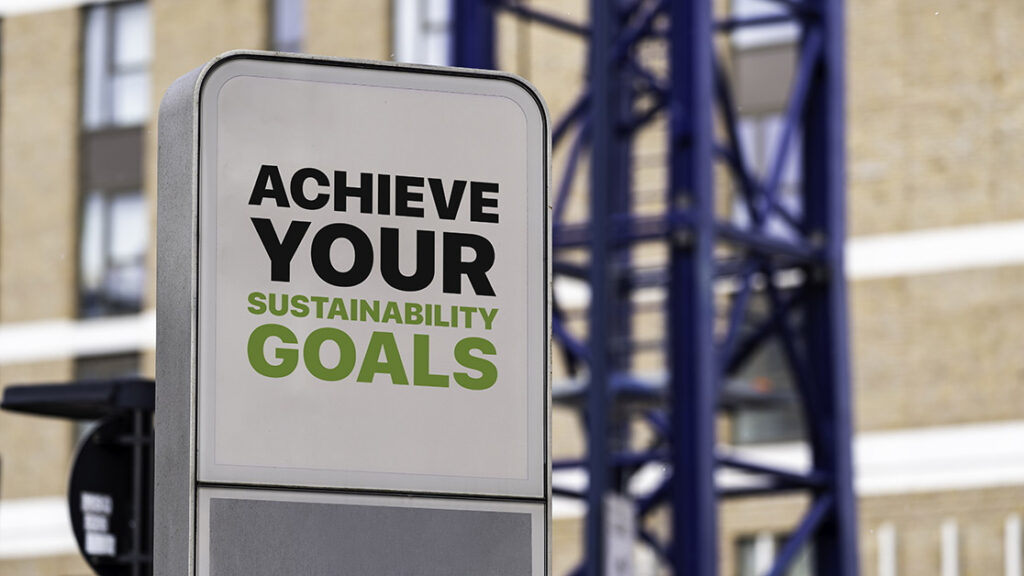
Navigating the Future of Construction
The construction industry faces a complex web of challenges, each demanding a unique set of solutions.
We are adopting a holistic approach that combines:
- skilled workforce development
- efficient project management
- sustainable practices
- cost control measures.
This will pave the way for us to remain a resilient and adaptable company.
We acknowledge these challenges and proactively address them. That’s essential for sustainable growth and success. As our industry evolves, it must commit to addressing these challenges head-on. That will be the driving force behind transformative change in construction practices globally.
Back to Insights